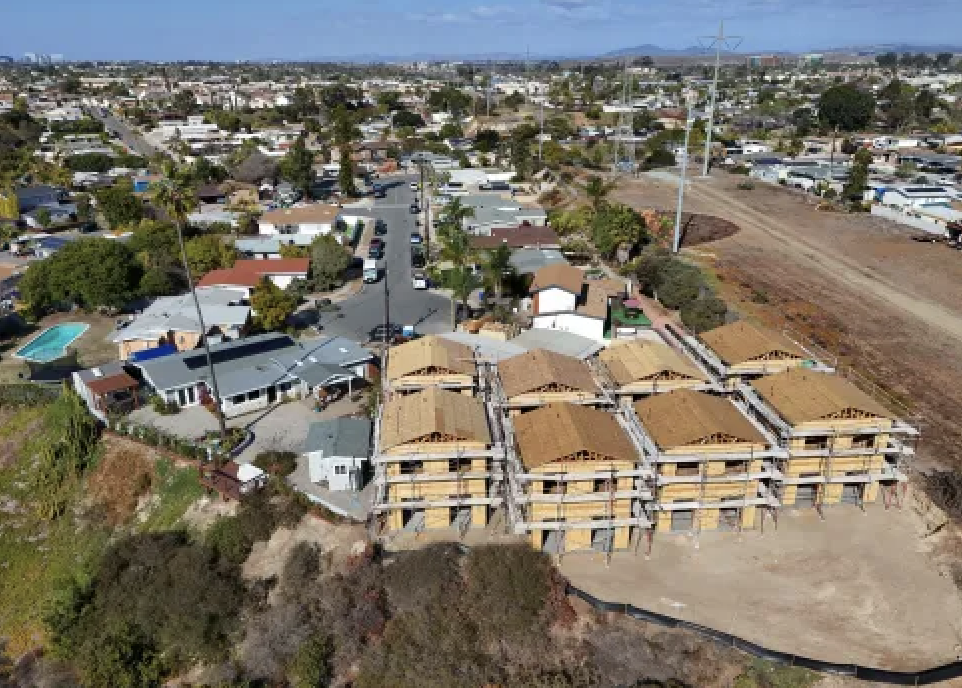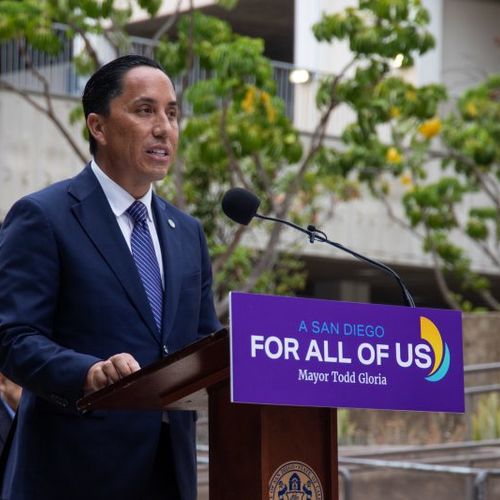San Diego is rolling back one of the most aggressive ADU (Accessory Dwelling Unit) programs in the state — and not without controversy.
In a narrow 5-4 vote, the San Diego City Council approved sweeping amendments to its ADU bonus program, a once-lenient policy that allowed property owners to build virtually unlimited backyard units if some were designated as affordable housing. While the policy succeeded in fast-tracking new housing units in a tight market, it also triggered backlash from residents concerned about neighborhood character, fire safety, and traffic impacts.
Now, the new regulations limit the number of ADUs allowed per single-family lot to a maximum of seven (depending on lot size), impose stricter height limits, require parking in areas not near public transit, and introduce new infrastructure fees.
Here’s a quick breakdown of the key changes:
- Unit Cap: Lots are now capped at 4–7 ADUs depending on their size.
- Height Limit: ADUs must be two stories or less.
- Parking Requirements: ADUs not located near public transit must include off-street parking.
- Community Enhancement Fees: New development fees will help fund local infrastructure.
- Distance from Property Lines: Increased setbacks are now required.
- Fire Safety Restrictions: ADUs are banned on cul-de-sacs and in wildfire hazard zones.
The Project That Sparked the Pushback
One project that brought the issue into the spotlight is the proposed Chalcifica development in Pacific Beach, which would add 120 one-bedroom units across six three-story buildings on just two single-family lots. Critics argue this type of large-scale development was never the intended use of the bonus ADU program and poses serious fire and traffic safety concerns in areas with limited access routes.
While projects like Chalcifica could be “grandfathered in” if their applications are deemed complete before the new rules take effect in early August, they’re now drawing scrutiny from both the community and state officials.

State Pushback
San Diego’s changes haven’t gone unnoticed in Sacramento. The California Department of Housing and Community Development (HCD) recently issued a letter warning the city that some of its proposed reforms may violate state housing law. HCD raised red flags over new parking requirements, limitations in historic districts, and bans in certain neighborhood types — arguing that the changes could block much-needed housing in high-opportunity areas.
If the city fails to comply with state law, San Diego could face serious consequences: the loss of its “prohousing” designation, potential loss of state funding, and even the suspension of its zoning authority.
What’s Next?
The City Council is expected to meet again on June 24 to discuss how the new fees will be collected — likely via property tax bills. The new rules are scheduled to take effect in early August, although projects in the California Coastal Zone (like Chalcifica) will also require Coastal Commission approval.
For developers, homeowners, and renters alike, the debate around ADUs in San Diego reflects a broader tension playing out across California: how to increase housing without sacrificing neighborhood character, infrastructure, and public trust.
Stay tuned as the City, the Coastal Commission, and state housing authorities continue to weigh in — and as the future of San Diego’s housing landscape hangs in the balance.


